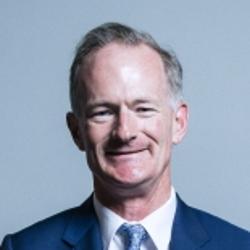Nigeria: Christianity
(asked on 28th August 2020) - View SourceQuestion to the Foreign, Commonwealth & Development Office:
To ask the Secretary of State for Foreign, Commonwealth and Development Affairs, what assessment he has made of the implications for which (a) Nigerian Government officials and (b) civil society groups the UK Government will work with as a result of the declaration of July 2018 by the Nigerian House of Representatives that the killing of Christian farmers in Nigeria amounts to genocide.
We are aware of the statement made by the Nigerian House of Representatives in July 2018 on killings in Plateau State.
The UK Government condemns all incidents of intercommunal violence in Nigeria. We have made clear to the Nigerian authorities at the highest levels the importance of protecting civilians, including ethnic and religious minorities, and human rights for all.
The UK Government's assessment remains that religion is not the principal driver of most incidents of intercommunal violence in Nigeria. The underlying drivers of conflict are complex, and include competition over land, water and resources, as well as rapid population growth. We hosted a joint conference on 'Fostering Social Cohesion in Nigeria' in February. Attendees included representatives from civil society, faith and political leaders, representatives from the Nigerian Government and UK parliamentarians. The discussion focused on the complex causes of conflict and explored solutions: a full report from the conference has been published: https://www.wiltonpark.org.uk/event/wp1752/
It is UK Government policy not to unilaterally determine whether genocide has occurred, in line with the Genocide Convention. This is a matter for competent courts and tribunals, including the International Criminal Court, after consideration of all the evidence, rather than governments or non-judicial bodies.

